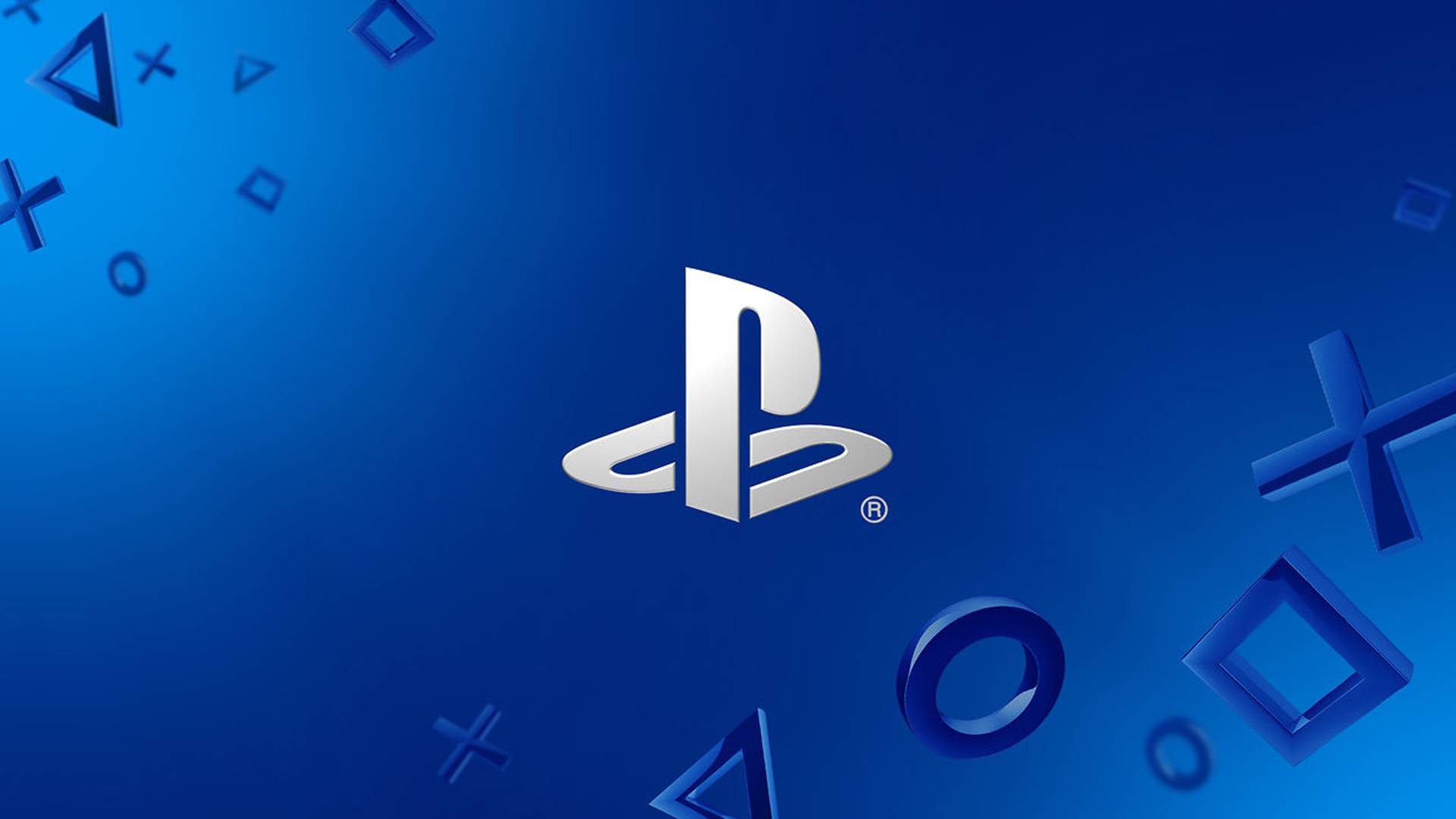Videogame developers and related professionals are being sought to submit talks for the upcoming 2021 Games Connect Asia Pacific (GCAP) conference later this year, with a wide range of industry topics on the agenda.
Scheduled for 4-6 October during Melbourne International Games Week (MIGW), GCAP is the largest videogame industry conference in the Asia-Pacific region, where professionals converge on Melbourne to participate in various development and networking opportunities. Run by the Interactive Games and Entertainment Association (IGEA) industry peak body, this year’s GCAP theme is ‘Raising the Bar’, with a focus on growing and building upon the Australian videogame industry, after last year’s ‘Pathways to Connect’ theme.
For the 2021 conference, GCAP organisers are looking for talks from intermediate-to-experienced game developers based in Australia and around the world who can offer educational content with clear takeaways for attendees. Some examples provided in the call-for-speakers include techniques used in shipped projects, in-depth development pipeline discussions, and successful production procedures–all of which provide attendees with practical information to apply in their own projects.
Talks from GCAP 2020 included topics encompassing studio culture, business and marketing, design and narrative, among many other content streams. One talk saw NITV science and technology editor Rae Johnston speak with Siobhan Reddy, BAFTA Fellowship recipient and studio director of UK-based Media Molecule, in a fireside chat setting about what the studio’s creative PlayStation hit Dreams enabled. Another talk focused on sustainability as a small developer from Grace Bruxner’s experience in developing the delightfully quirky Frog Detective series. Other speakers included Federal MP Tim Watts, Adelaide studio Mighty Kingdom CEO Philip Mayes, and Melbourne team League of Geeks co-founder and director Trent Kusters.
GCAP organisers have also provided a list of some of the topics they’ll be looking for in submissions to help raise the bar within the Australian videogame industry, including:
-
Building efficient content pipelines in Unity and Unreal
-
Designing the best tools for the job
-
Levelling up in your career
-
Making the most of a small team structure
-
How to give effective feedback
-
Next-gen audio content creation
-
Developing for Xbox Series X and PlayStation 5
-
Multi-platform game development practices
-
Debugging and automated testing
-
Gameplay prototyping and technical iteration
-
Scope assessment and risk mitigation from a project-management standpoint
-
Making the most of Unity and Unreal to build stand-out games
-
Effective localisation strategies and implementation
-
Current UI/UX best-practice
-
Building accessible games from the get-go
-
Authentic representation of minorities in games
-
HR policy for indie teams
-
Attracting external investment
-
Pursuing alternative income strategies
-
Making the most of Unity and UE4/UE5
-
Post-launch marketing strategies
-
Platform sales data breakdowns
-
Hiring for culture add, not culture fit
-
How to be a competitive hirer
-
Creating effective graduate and intern programs
-
Training and personal development
-
Becoming better managers
Speakers selected to present at GCAP will be paid $200 for a 50-minute talk. Submissions close at 5pm AEDT on Thursday 8 July 2021 and can be made via the official GCAP website along with additional information, including availability requirements and backup plans for potential COVID disruptions.





